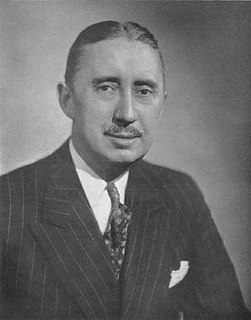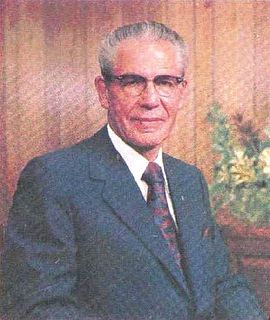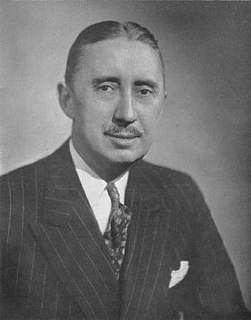A Quote by Rudy Ruettiger
Too many of us let others' wrong perceptions of us influence how we see ourselves.
Related Quotes
We are not saints yet, but we, too, should beware. Uprightness and virtue do have their rewards, in self-respect and in respect from others, and it is easy to find ourselves aiming for the result rather than the cause. Let us aim for joy, rather than respectability. Let us make fools of ourselves from time to time, and thus see ourselves, for a moment, as the all-wise God sees us.
When we see the relatedness of ourselves to the universe, that we do not live as isolated entities, untouched by what is going on around us, not affecting what is going on around us, when we see through that, that we are interrelated, then we can see that to protect others is to protect ourselves, and to protect ourselves is to protect others.
When we see the relatedness of ourselves to the universe, that we do not live as isolated entities, untouched by what is going on around us, not affecting what is going on around us, when we see through that, that we are interrelated, then we can see that to protect others is to protect ourselves, and to protect ourselves it to protect others.
The most difficult thing for us seems to be to give of ourselves, to do away with selfishness. If we really love someone, nothing is too difficult for us to do for that individual. There is no real happiness in having or getting unless we are doing it for the purpose of giving it to others. Half the world seems to be following the wrong scent in the pursuit of happiness-many think it consists of having and getting and being served, when really happiness is found in serving others.
Our Christian destiny is, in fact, a great one: but we cannot achieve greatness unless we lose all interest in being great. For our own idea of greatness is illusory, and if we pay too much attention to it we will be lured out of the peace and stability of the being God gave us, and seek to live in a myth we have created for ourselves. And when we are truly ourselves we lose most of the futile self-consciousness that keeps us constantly comparing ourselves with others in order to see how big we are.
To see ourselves as others see us can be eye-opening. To see others as sharing a nature with ourselves is the merest decency. But it is from the far more difficult achievement of seeing ourselves amongst others, as a local example of the forms human life has locally taken, a case among cases, a world among worlds, that the largeness of mind, without which objectivity is self-congratulation and tolerance a sham, comes.
How we view ourselves can often determine the perspective and degree in which we see others and the world around us. Each and every one of us has a view. Such a view, that it can shape the future of others and how they live, dream and look towards the future that we all hope is better and more fruitful than our past. This I believe is a common initiative.
We have many years to eat and sleep, but how many years do we have to make a difference in the lives of others? That's the highest calling any of us can have: Living our life so as to intentionally add value to others. But to do this, we have to make ourselves more valuable. We have to keep learning, growing, developing as leaders and taking responsibility for being the change we want to see in the world.





























